Hormonal changes during menopause can bring a variety of challenges. While the changes are diverse, the most common are mood swings, hot flashes, weight gain, and fatigue. A hormone-balancing diet tailored for women in this stage of life can support overall well-being and ease these symptoms. In this guide, we’ll explore the best foods for hormonal balance, where to find them, and recommend affiliate products to make healthy eating easy and convenient.
Foods for Hormonal Balance
1. Healthy Fats
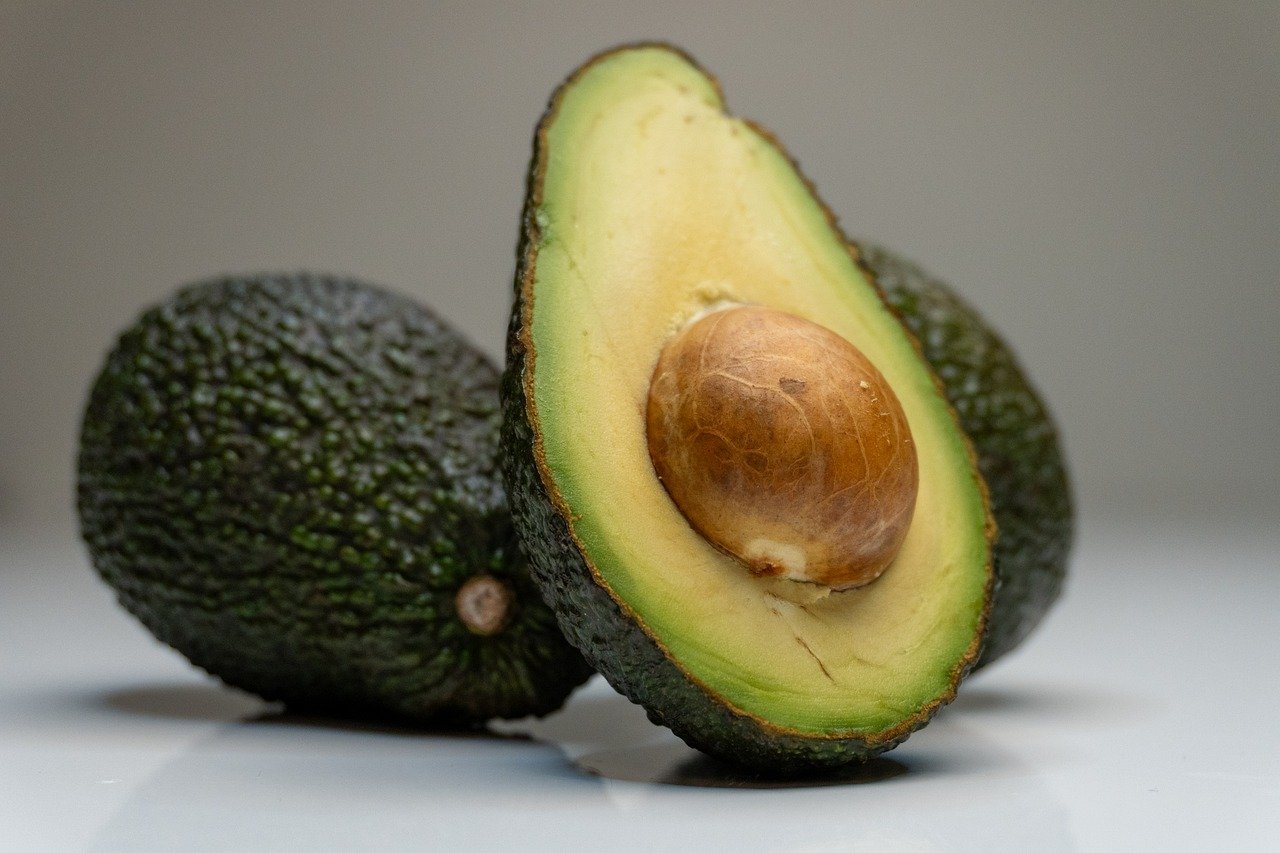
Healthy fats are essential for hormone production and regulation. Food you can incorporate into your diet are:
- Avocados: Rich in monounsaturated fats and vitamins.
- Olive Oil: A source of anti-inflammatory fats.
- Nuts and Seeds: Flaxseeds and walnuts are particularly beneficial for omega-3 fatty acids.
Where to Find: Most grocery stores or farmers’ markets carry avocados and nuts. Olive oil is widely available online or in stores.
**Recommended Product**: [Extra Virgin Olive Oil by Pompeian]
2. Leafy Greens
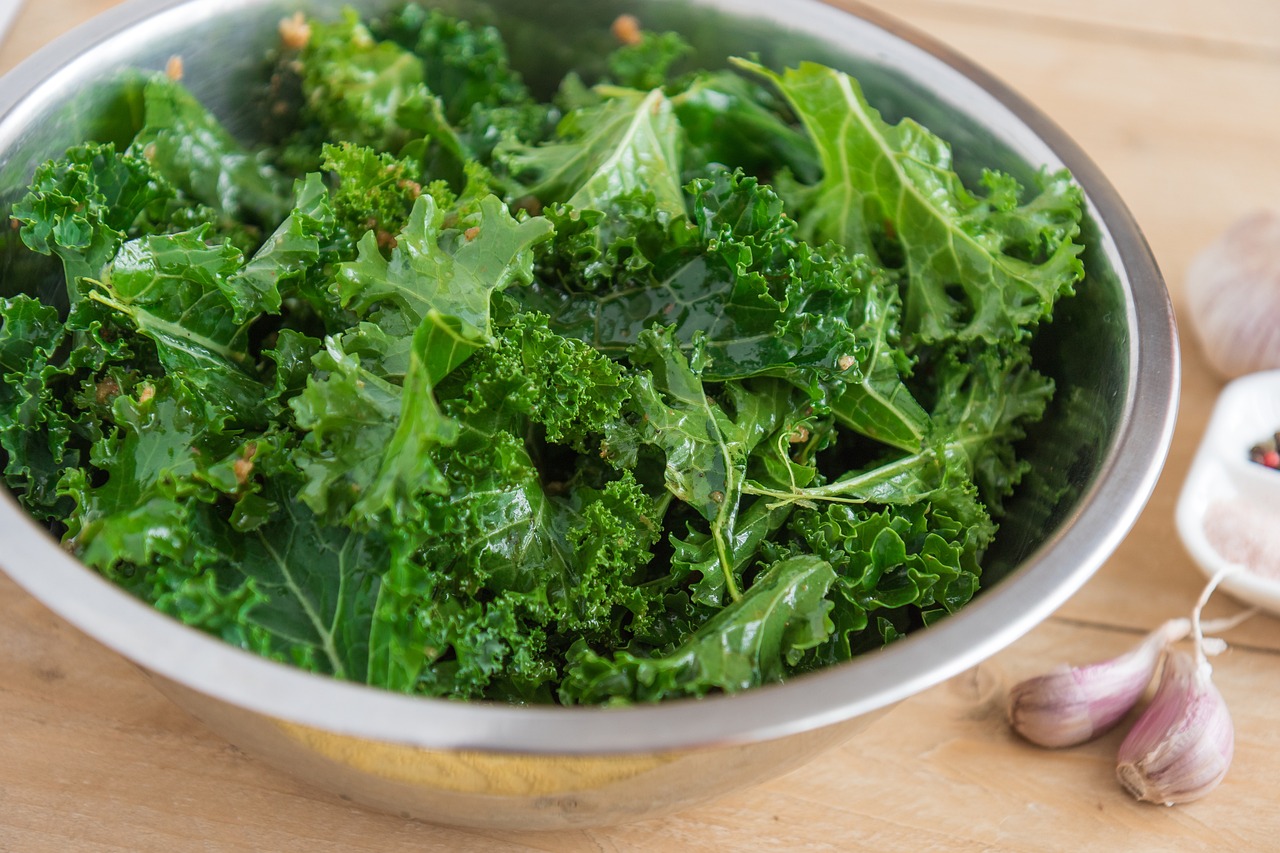
- Spinach,
- Kale
- Swiss Chard
These leafy greens are loaded with magnesium and calcium, vital for hormonal health.
Where to Find: Fresh produce aisles at supermarkets or local farmers’ markets.
**Recommended Product**: [Organic Supergreens Powder]
3. Fermented Foods
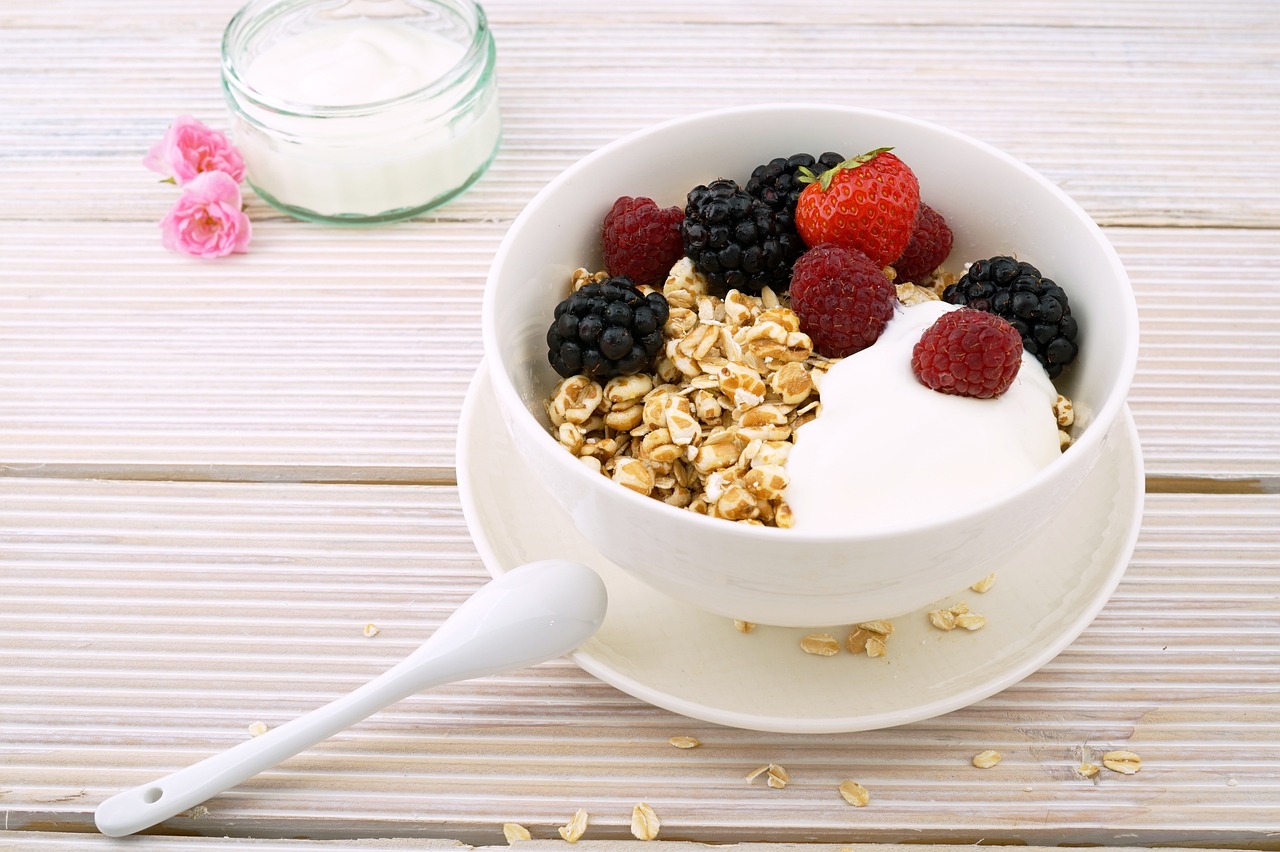
Probiotic-rich foods support gut health, which is closely linked to hormone balance.
- Yogurt – Opt for the plain or unsweetened varieties.
- Kimchi and Sauerkraut: Both are excellent sources of natural probiotics. Look for the unpasteurized varieties.
Where to Find: Health food stores or the refrigerated section of most supermarkets.
**Recommended Product**: [Probiotic Yogurt Starter Kit]
4. Protein-Rich Foods
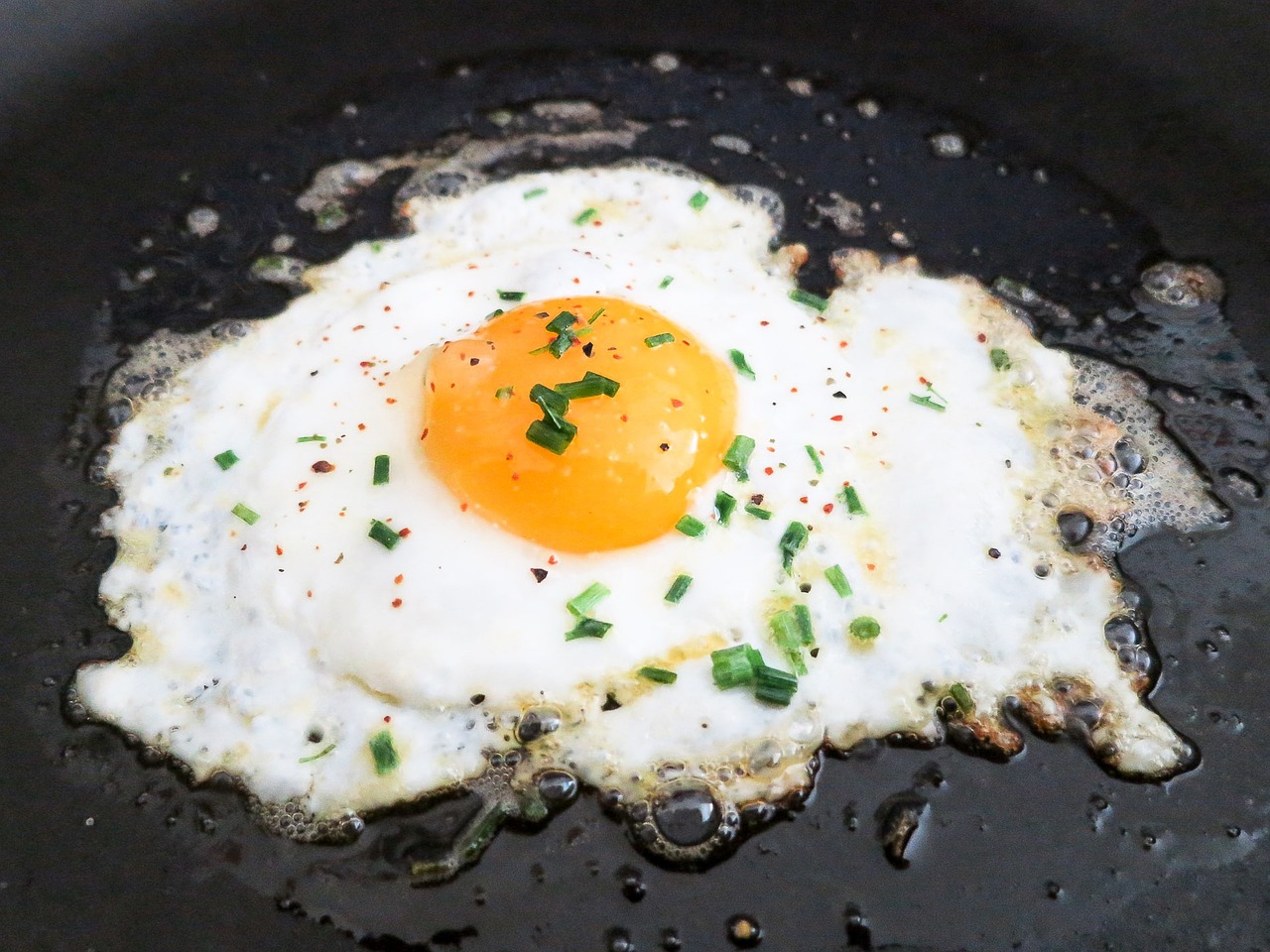
Protein helps maintain muscle mass and supports hormone production. The older we get, the more protein our body needs. Foods high in protein include:
- Eggs: If concerned about cholesterol, forgo eating the yolk.
- Fish: Salmon and sardines are rich in omega-3s.
- Legumes: Lentils and chickpeas provide plant-based protein.
Where to Find: Available at grocery stores, fish markets, or online specialty shops.
5. Phytoestrogens
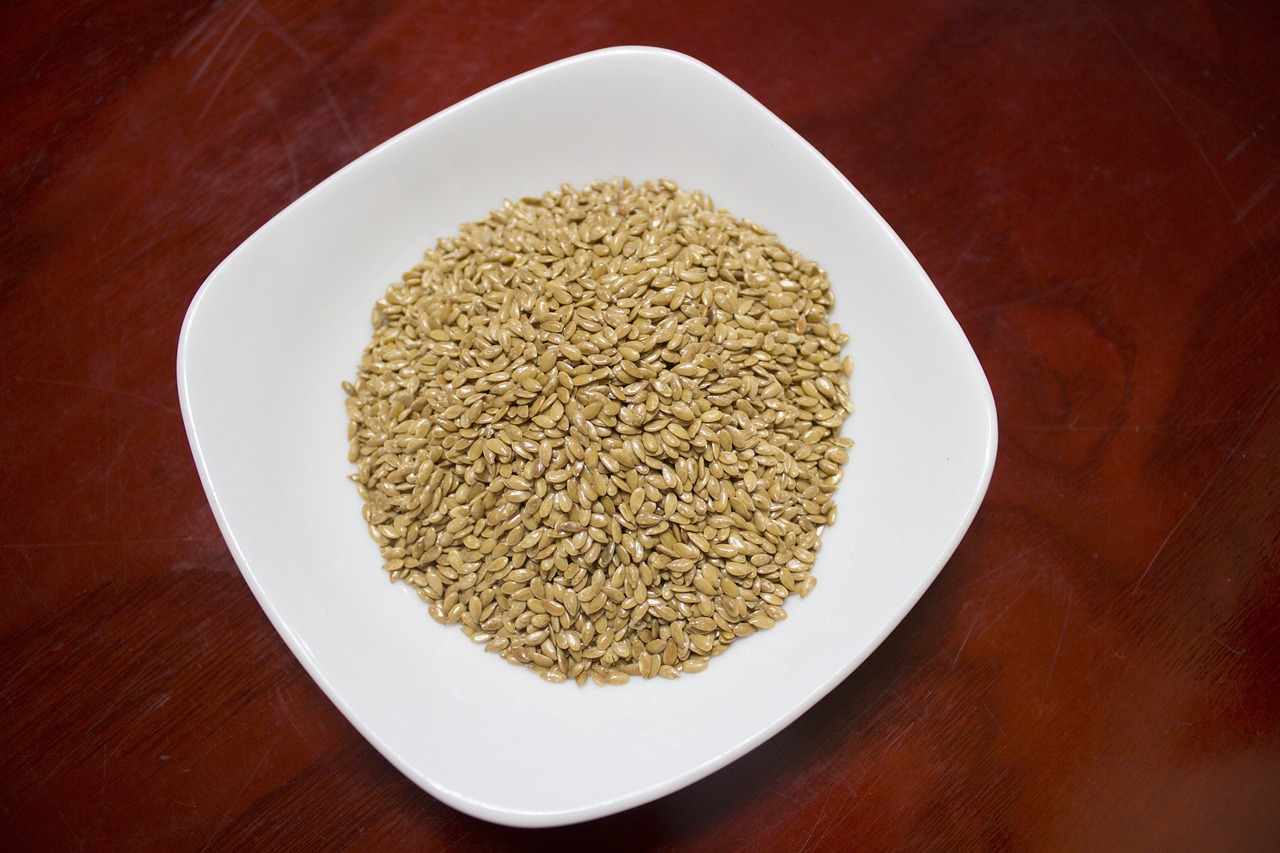
Phytoestrogens are plant compounds that mimic estrogen in the body. They can help alleviate menopause symptoms. Foods include:
- Soy Products: Tofu, tempeh, and edamame.
- Flaxseeds: High in lignans, a type of phytoestrogen.
Where to Find: Soy products can be found in the vegan or refrigerated section of grocery stores. Flaxseeds are available in the baking or health food aisle.
**Recommended Product**: [Ground Flaxseed by Bob’s Red Mill]
6. Whole Grains
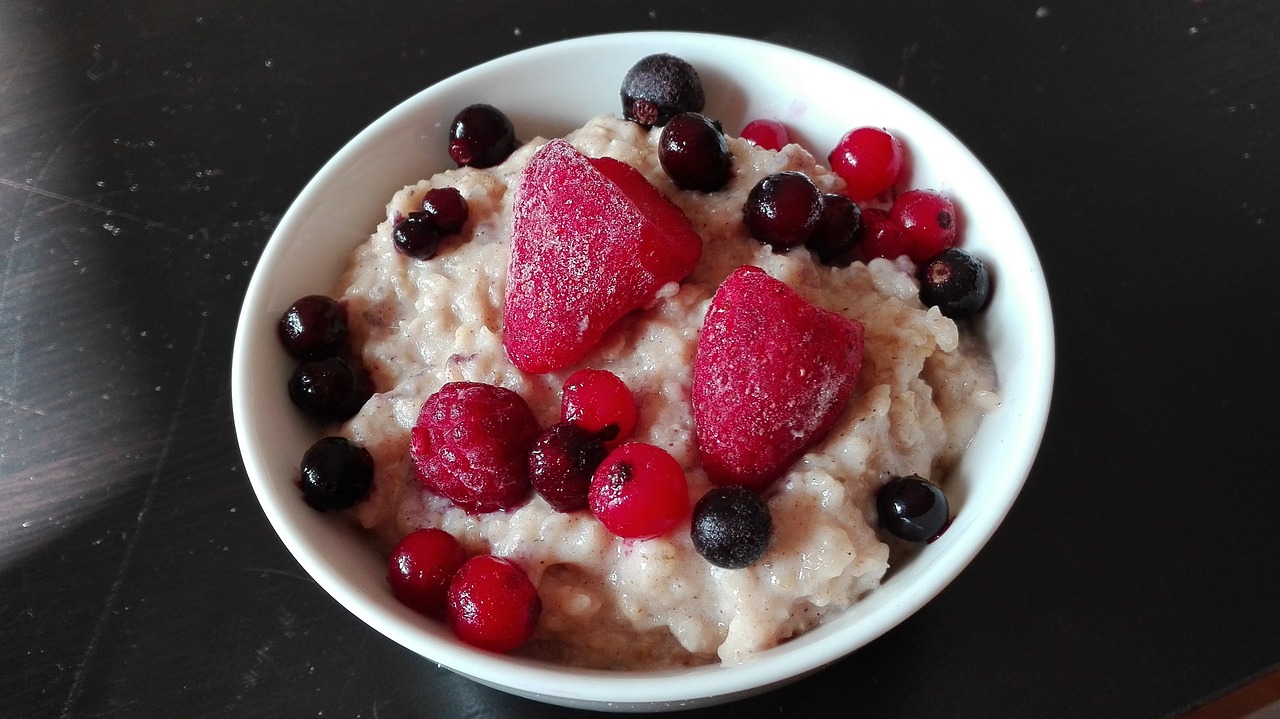
Whole grains stabilize blood sugar levels, reducing the risk of insulin spikes. Options include:
- Quinoa
- Oats
- Brown Rice
Where to Find: Dry goods sections at most grocery stores. *
**Recommended Product**: [Organic Rolled Oats by Nature’s Path]
Sample Meal Plan
Use this sample meal plan as an example of how you can incorporate these foods into your diet for better hormone balance.
Breakfast: Greek yogurt topped with flaxseeds and fresh berries.
Lunch: Quinoa salad with kale, avocado, and grilled salmon.
Snack: Handful of walnuts and a piece of dark chocolate.
Dinner: Stir-fry with tofu, broccoli, and brown rice.
Dessert: Herbal tea with a slice of whole-grain toast and almond butter.
Additional Tips for Success
Hydration: Drink plenty of water throughout the day to support metabolic processes. If you have a hard time drinking enough water, use a water bottle with water markers to remind and motivate you to drink more water. I like this bottle because it’s affordable and not as bulky as some of the other water bottles I’ve seen. It can be easily carried to work, the gym or on a walk in the park.
Meal Prep: Prepare meals in advance to make sticking to your diet easier. Use food prep containers to pack your fruits, veggies and meals. I prefer glass containers because in my opinion they are more resistant to stains and for some reason, I don’t seem to lose the lids as much as I do with the plastic containers.
Supplements: Consider supplements like magnesium, vitamin D, or omega-3s to fill any nutritional gaps. I just recently started taking magnesium for sleep issues. My doctor advised I use magnesium glycinate. Of course, speak with your doctor first before taking any supplements.
By focusing on these nutrient-rich foods, you can support your body through perimenopause, menopause and beyond. Remember to consult with a healthcare professional or nutritionist to tailor this plan to your specific needs.




